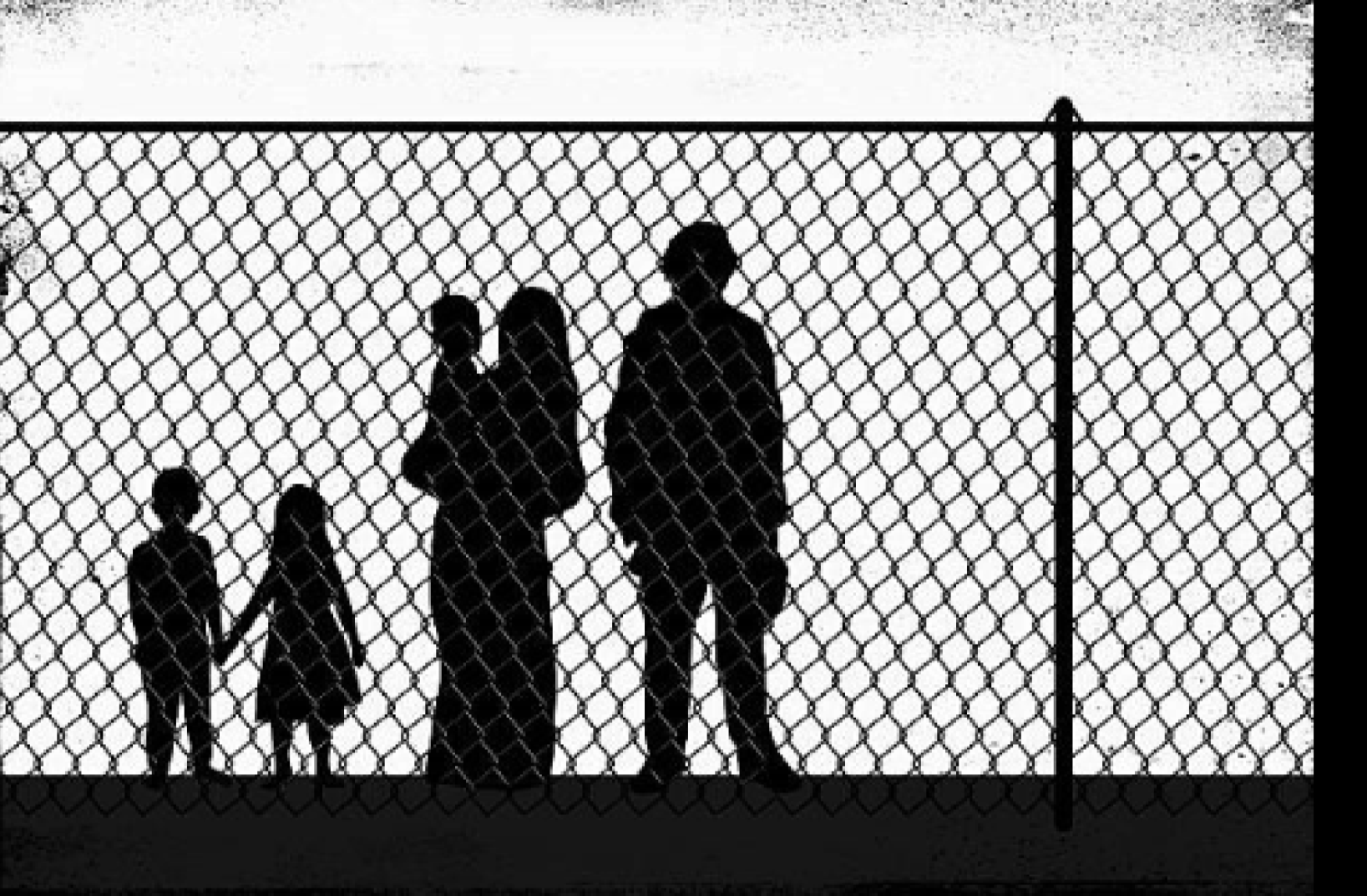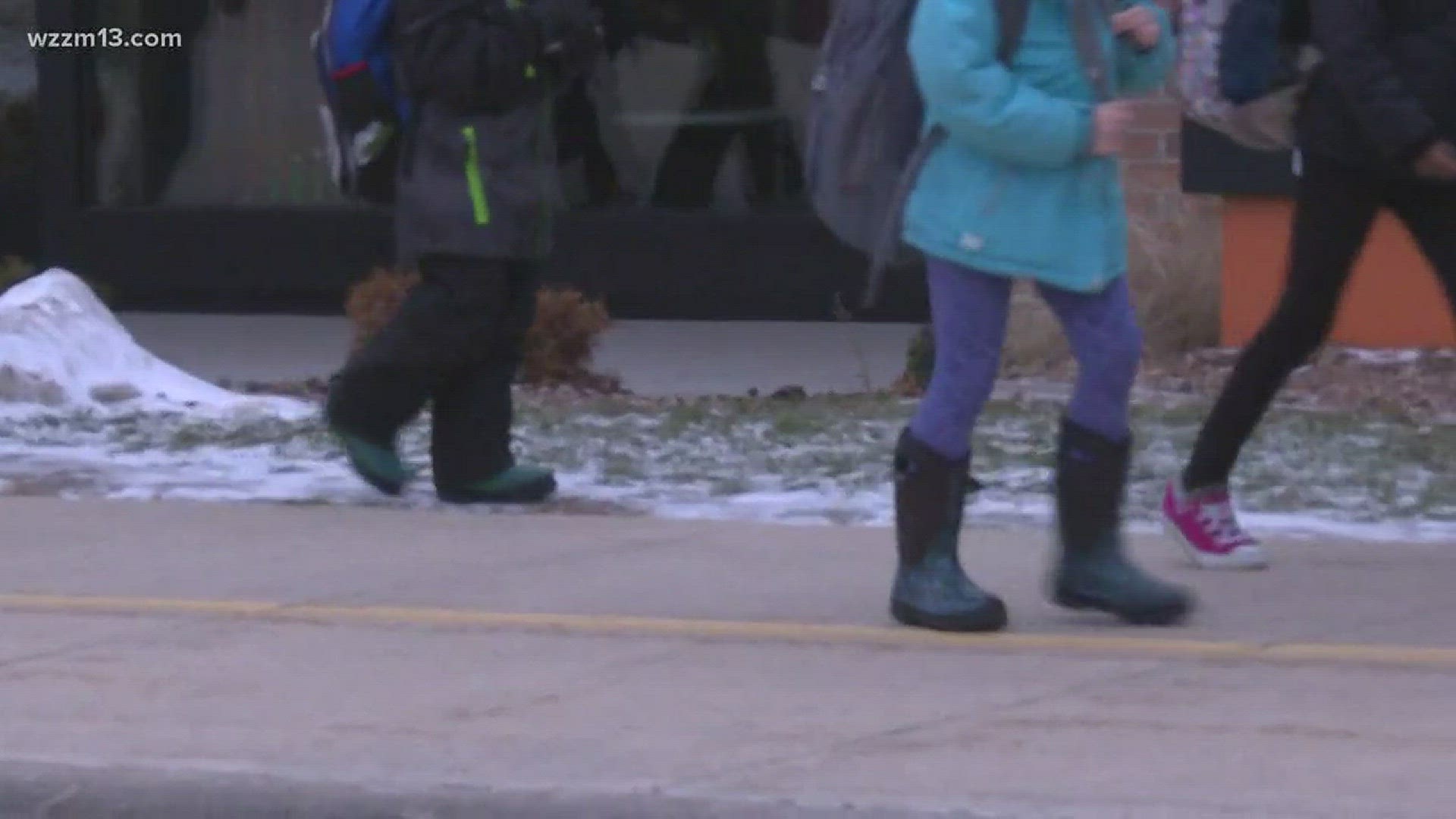As we continue to spread awareness and spotlight issues surrounding the plight of thousands of children who are homeless in West Michigan, the 13 Watchdog team is busting one of the biggest myths about families falling into homelessness.
It's the assumption that everybody who's homeless or going into a homeless shelter is on welfare. In reality, very few, if any, of the families who need emergency shelters and assistance get cash assistance.
It's tough for those who work with the homeless every day, like Family Promise director Cheryl Schuch, to convince people their perception of welfare (the state's Family Independence Program) is wrong.
"I can sit and say I have the data and I know their names and I work with them every day and I tell them they're not right but that's a common perception," Schuch said.
It's that belief that every homeless father, mother and child qualifies for state cash assistance. Schuch says 98 percent of the families her organization shelters are working families who aren't on welfare, even though they are at their very worst. She says many of the parents work full-time.
"They have to have some other kind of income," Schuch said. "Typically they have to have employment."
That's the way the state has modeled the program over the last decade, less of an entitlement and more of a welfare-to-work program. Gov. Rick Snyder and republican lawmakers have said for years the Family Independence Program should not be a lifelong lifeline. The cash assistance program provides money to families with children and pregnant women to help them pay for living expenses such as rent, heat, utilities, clothing, food and personal care items.
Local workers who help the homeless say they believe the current welfare system is working well despite the fact many families either aren't qualifying for it or don't want to apply.
"There's been a big shift from a system perspective on what cash assistance is meant for," according to Mel Trotter Ministries VP of Programs, Adrienne Goodstal. "It's not meant for a long-term solution for financial resources."
In a matter of about a decade from 2007-2017, welfare cases have dropped a whopping 76 percent.
That's due in part to the strict enforcement of a 4-year maximum restriction on benefits and to a plummeting unemployment rate. Some also suggest people aren't applying for welfare because they don't want to have to complete a 21-day program before they get any benefits.
There are only approximately 19,000 cash assistance cases in Michigan overall. At the same time, there are nearly 700,000 food assistance cases.
"That’s not because people aren’t applying for cash assistance – it’s because they apply for assistance and are deemed eligible for food assistance, but not for cash assistance," Michigan Department of Health & Human Services Public Information Officer Bob Wheaton said.
Experts say the programs are different and that food assistance is a vital lifeline for homeless families and is federally-funded to get people through tough times.
So why aren't homeless families in West Michigan applying for cash assistance? One other explanation is that the math doesn't work anymore here. Rent's too high and cash assistance alone just doesn't cover it. Wheaton said a family of three can receive a maximum benefit of $492 a month.
"True welfare cash assistance is not even an option anymore," Schuch said. "The only option because of our housing costs is employment."
Schuch said cash assistance can help those who are employed and do have a home, particularly assisting single working parents who need to pay for childcare.
"I think it is a great thing that we are empowering people to get into employment," Goodstal said.
As the unemployment rate dips to 4 percent, the hope is homeless families may hit a rough stretch but are able to get out of it quicker now that there are more jobs available.


